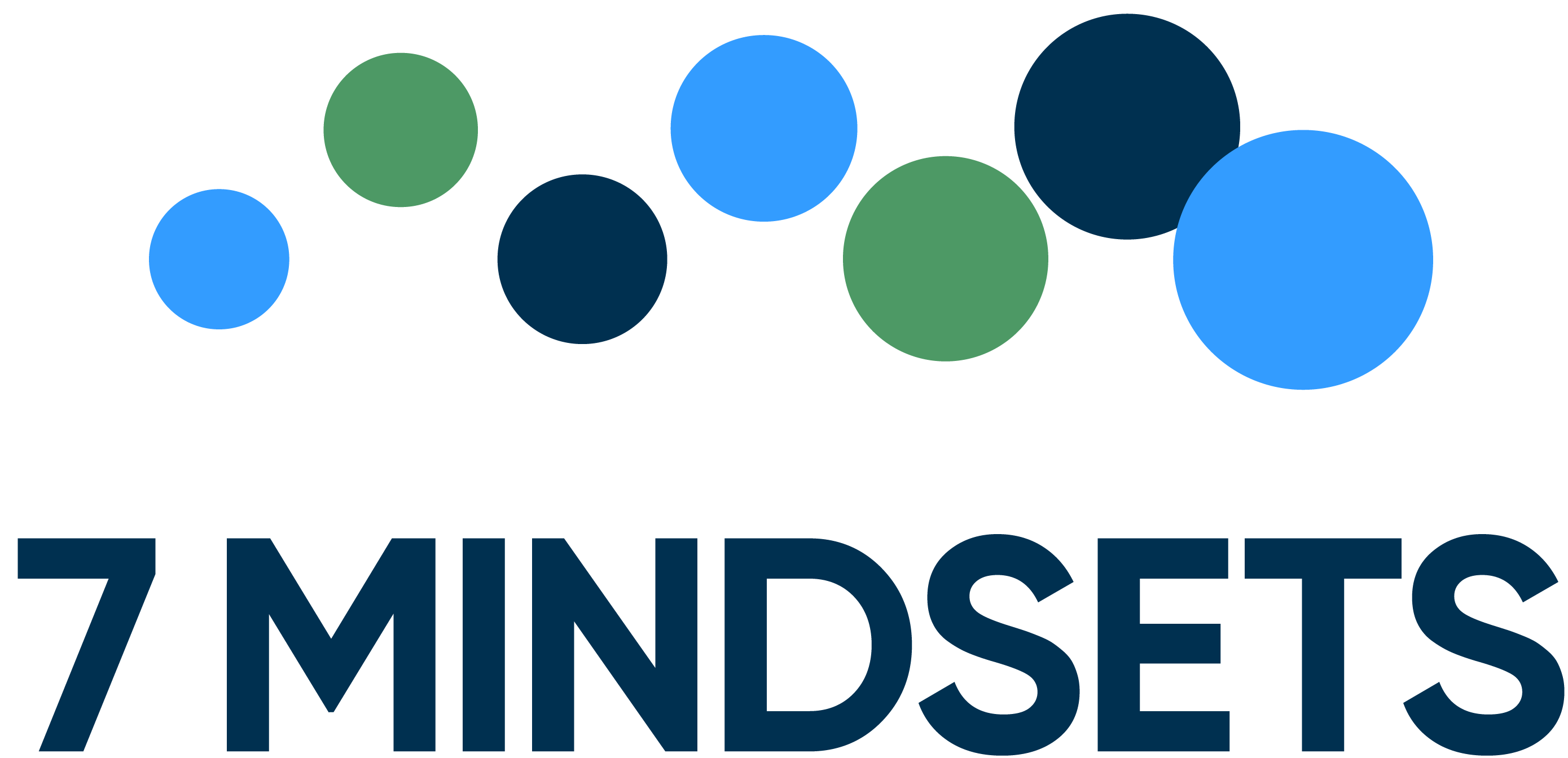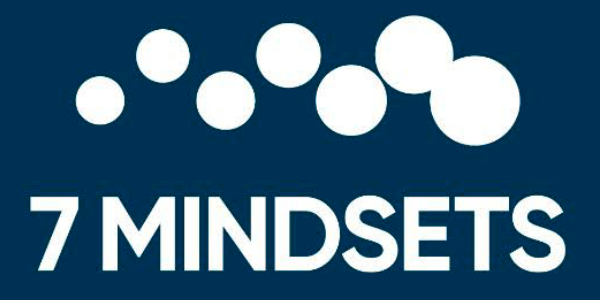By Jeff Waller (@JeffMWaller)

The new technology revealed the opposite. The cameras helped identify that our brain cells have tiny tentacles protruding from them. Each time you perform a function of any kind, these tentacles make connections referred to as DSPs (Dendrite Spinal Proturbances). Our brains are constantly forming new neural pathways that are improving our capacity to perform different functions. We actually build muscle memory and pattern recognition the way a great basketball player develops the capacity to make free-throws effortlessly. Through focus and practice, new mental habits are formed.
The term scientists have used for this is plasticity, meaning that your brain acts like plastic that can be reformed into an almost infinite set of connections. It was also learned that brain plasticity was a process that occurred throughout our life. We are dynamic, constantly evolving beings from the day we are born to the day we die.
It is neuroplasticity that explains how we develop our skills and mindsets from the time we are born and throughout our lives. However, it is our mindsets or perspectives that are most important. While the development of a skillset allows us to perform a specific task well, the development of a mindset gives us the perspectives and attitudes to deal with all of life’s circumstances. Our mindsets allow us to experience emotions in a positive manner, make effective decisions in a dynamic world, and take purposeful and growth-based action every day.
The 7 Mindsets are based on a 3-year research effort into the perspectives and attitudes that most align with happiness, fulfillment, and meaning in life. In other terms, if we can grow our brain in the direction of the 7 Mindsets, we give ourselves the greatest likelihood of living a meaningful life. Those 7 Mindsets teach us to:
- Embrace a belief that Everything is Possible, raising expectations, optimism, and hope improve our decision making, attitudes and levels of performance.
- Put our Passion First, driving us toward authentic goal setting and developing core talents, interests, desires, and values.
- Appreciate that We Are Connected, improving the quality of our relationships and expanding our sense of empathy and compassion for others.
- Become 100% Accountable, promoting personal responsibility, grit, intrinsic motivation and a stronger desire to set and achieve goals.
- Develop an Attitude of Gratitude, enhancing our sense of joy and fulfilment while improving our ability to manage challenges and setbacks.
- Live to Give, driving a greater sense of purpose and significance that creates a path to a more meaningful and impactful life.
- Embrace The Time is Now, focusing on the importance of being present, enjoying what we have, building resilience, and taking purposeful action towards the life we desire.
Understanding that the brain acts like plastic, scientists have estimated the total number of brain cells and ultimately the total number of new connections (DSPs) that our brain can make. The number they came up with is staggering. Imagine the number 1 followed by enough zeros to fill up an 800-page book. That is a really large number. Now imagine that the last 0 went off the last page and was followed by enough 0s to stretch out for another 62 trillion pages. If you can comprehend that number, then you can begin to grasp the unbelievable capacity of the human brain. These same scientists have devised a new estimation of our utilization of the brain. They no longer believe that we have tapped into 10% of our brains’ potential, not even 1%, more like 1/1,000,000 of a percent .
While our brain is plastic throughout our lives, it is most malleable in our adolescents. It is these formative years that we are most able to develop our attitudes and perspectives. Imagine the possibilities if we intentionally grew our brains in the direction of happiness, meaning and success. Now imagine the gift we can give our students through this new model of Mindsets-Based Social and Emotional Learning.
“We cannot solve our problems with the same thinking we used when we created them….Einstein”
Follow Jeff on Twitter @JeffMWaller
SOURCES
[1] Source: Revolutionize your brain by Doug Bench[2] Source: Revolutionize your brain by Doug Bench[3] Source: Revolutionize your brain by Doug Bench


